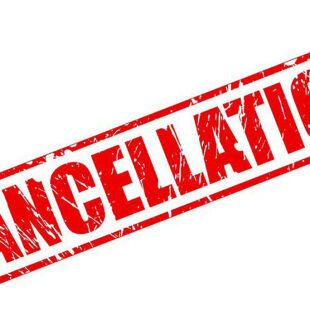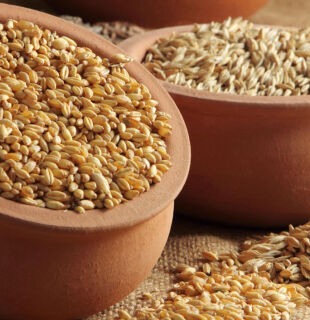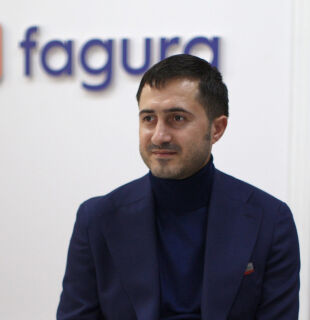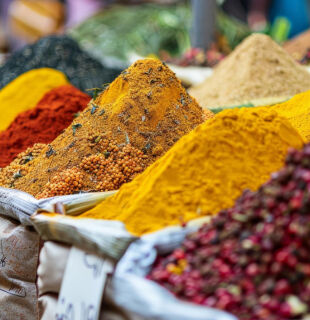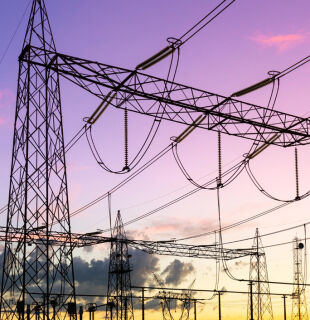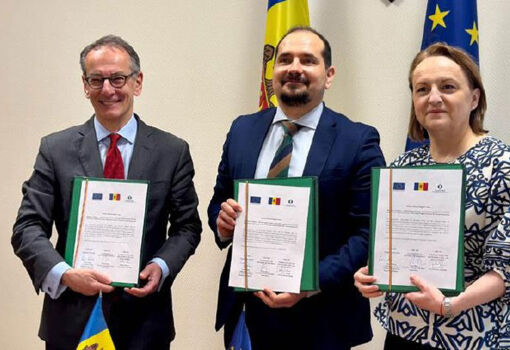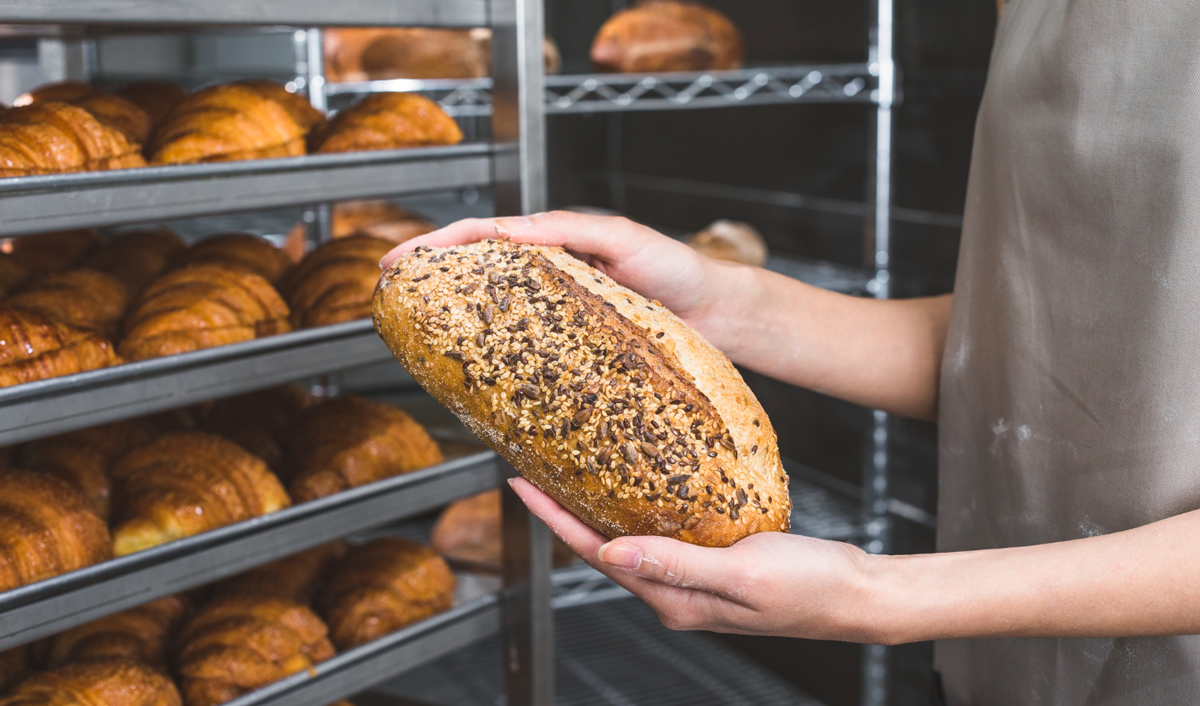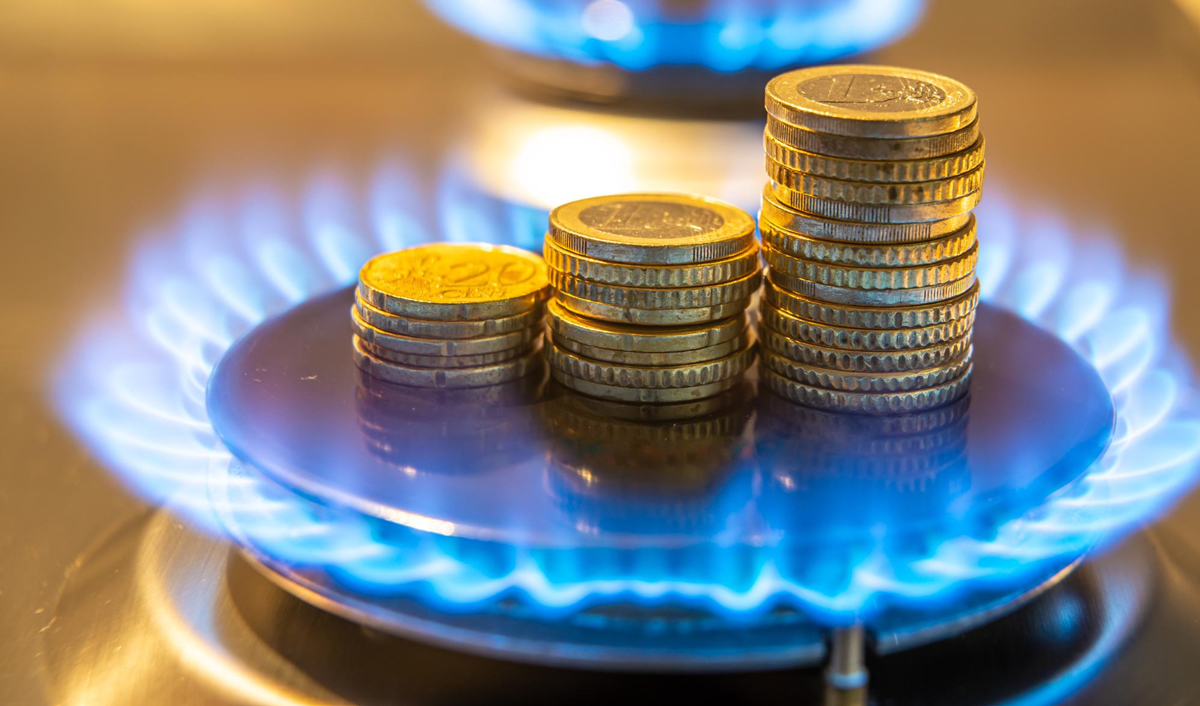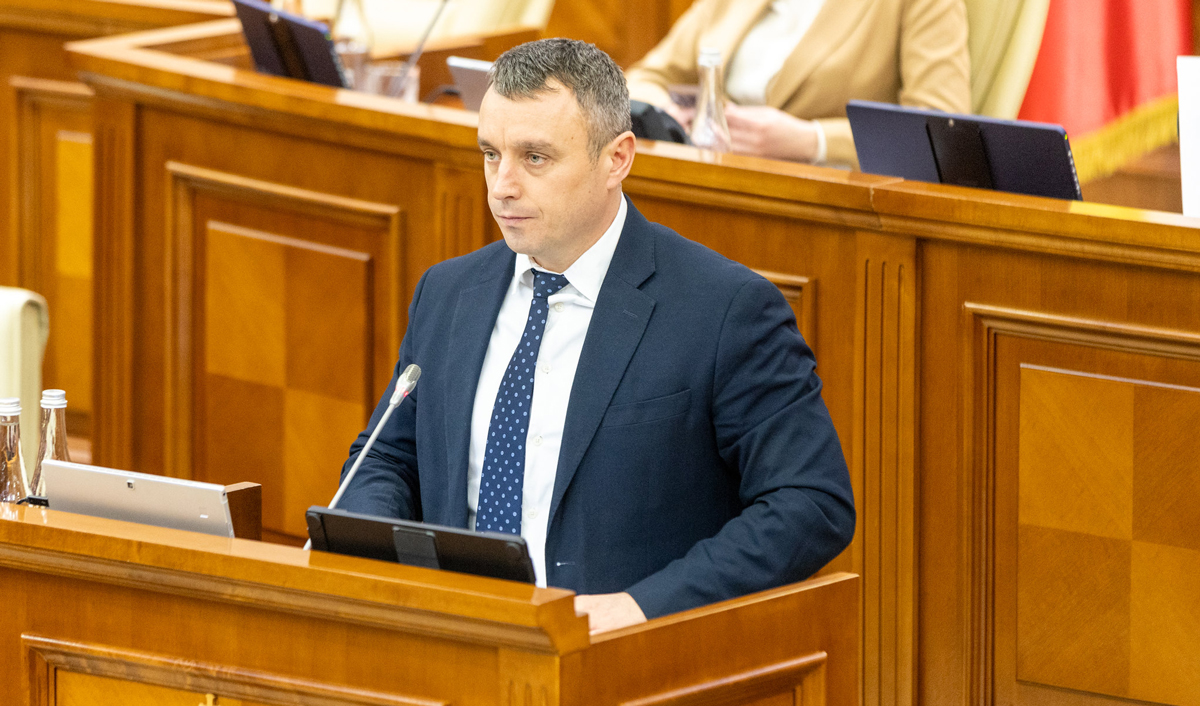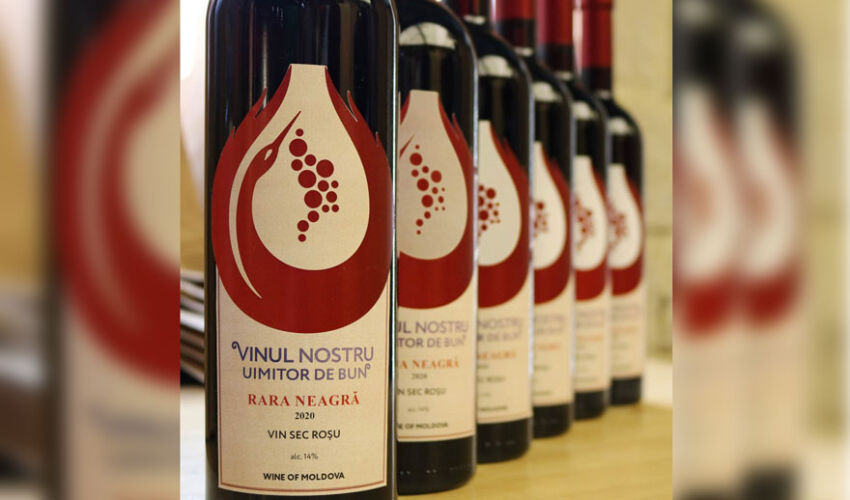
Konstantin Sibov, General Director of Tomai-Vinex, believes that winemakers are already feeling the impact of the world economic crisis and the global decline in wine consumption (usually such phenomena in a small country manifest themselves late). This was clearly visible even at the recently held ProWein. In the past, German wine lovers used to come to the exhibition on Sunday to taste the latest products from the world’s wine industry. This time, buying a ticket for them has become unaffordable or an unnecessary expense in savings mode. The decline in consumer income (even in a country with a strong economy like Germany) is also affecting wine sales.
“Moldova is a very small country and if we don’t turn on our saving mode, we will die,” says the interlocutor. – Its inclusion starts with cheap energy resources. If electricity cost 6 euro cents/kW, nowadays it costs 21 euro cents. This is very expensive for us. Let’s not talk about gas at all. Every year we have been smoking some of the wine material. Now we are waiting for the gas price to fall on the stock exchange in order to distill and at least go to “zero”, not “minus”. We are trying to hold on to the markets, but our partners ask us to reduce prices a little due to their difficult situation. We agree on this for a certain period of time so that they do not exclude our wines from their portfolio. We make concessions as much as possible to avoid losses (the company has more than 20 export markets)”.
If earlier HoReCa representatives chose more expensive wines, then in the crisis conditions a new request has appeared from them – for high-quality but inexpensive wine. A glass of such wine is served free of charge to restaurant guests during lunch and/or dinner to attract customers.
It is almost impossible for Moldovan wineries (at the current cost price of their wines) to enter large chains in the EU countries. Retailers need high volume and low price. Tomai-Vinex applied to German companies, but they were not interested in the offer. It became clear why after the company’s representatives visited supermarkets in Germany. For example, in Lidl, French and Italian wines cost 1.5-2 euros, i.e. they enter the network at a price of about 1 euro.
“We only have a set (bottle, cork, label, cap, box) and bottling services cost 0.8 euros – explains Mr. Sibov. – Plus to the wine, there are also logistics costs. An empty Moldovan bottle costs 0.27-0.28 euros. It has become the most expensive in Europe. And the Bulgarian one in Moldova sells for 0.16-0.17 euros. What will happen to us if we buy local bottles? And what will happen to its producers if we prefer imported bottles? Bulgarians offer us such prices as long as they have our competitor. It is not his fault that his prices are not competitive because of expensive energy resources. However, if he dies, import prices for us will go up.”
Last year, Tomai-Vinex’s owners split the company into two businesses – one to produce grapes and the other to process and export finished products. Since growing grapes is unprofitable every year, processing covers those losses. In order to make grape production profitable and increase the competitiveness of Moldovan wines, modern vineyards are needed. The cost of planting them is 20 thousand euros/hectare. If the state does not get involved and does not increase subsidies for the creation of new plantations, business will not solve this problem on its own. For comparison: Romania gives up to 22 thousand euros/ha for these purposes.
Importers are asking for inexpensive wines because consumers’ incomes have decreased. All countries, in addition to wines in the premium segment, also offer wines at very democratic prices, because there are more poor people than rich. Moldovan wineries should also be able to offer good wines at affordable prices. So far, the high cost of production does not allow them to do so.
